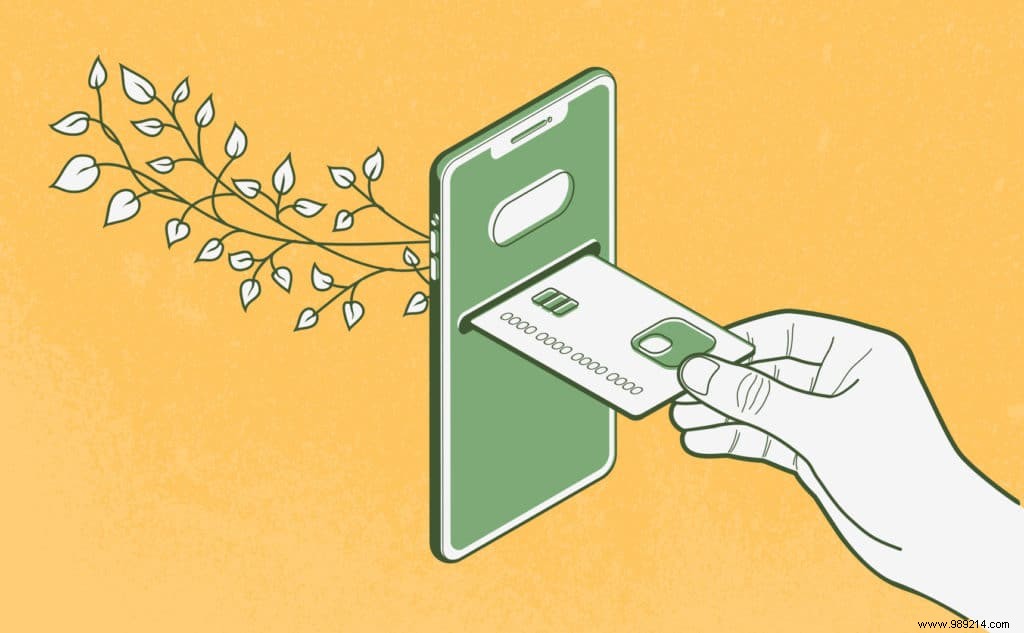
Finding a gift, having a meal delivered, ordering a book or simply shopping:the majority of French people first look on the internet before moving, and successive confinements have accelerated the trend. Are these new consumer habits harmless to the environment? Not so sure…
Practical and fast, online shopping makes it possible to have all kinds of objects or foodstuffs delivered to your home or elsewhere in sometimes record time. Clothes, flowers, gifts, ready meals... No need to move, just click, pay online and the deal is done in a few minutes. This facility explains the enormous success of e-commerce:87% of consumers have already made purchases on the internet, reveals the French Environment and Energy Management Agency (Ademe). Few realize, however, how much pollution this "e-consumption" can generate. “Online ordering and payment, fast delivery, free returns…” , lists Ademe, before continuing:"Buying is extremely simple and the promotional offers dedicated to e-shoppers encourage consumption and impulse purchases. Behind this ease, however, are hidden impacts in series:depletion of natural resources to manufacture new products, multiple transport, storage, packaging..."
So, how can everyone act in favor of the environment? Among the practical advice given by the Agency, here are some very simple to implement and which will make you a responsible e-consumer.
According to a Harris Interactive study conducted in June 2020, 31% of purchases are impulse or promotional purchases. Before you click, ask yourself if you really need what you are about to buy. If the answer is yes, first check that there is not an equivalent second-hand model. “The interest of the web , underlines the Ademe, it is precisely to be able to compare and glean a lot of information, in particular on the environmental quality of the products:product sheets, customer reviews, buying guides... To buy appliances, the search for comparative information works very well, for example. »
To encourage purchases, e-commerce sites facilitate returns, which are usually free. But who says return says additional transport and, consequently, greenhouse gas emissions. “ One command is better than many small ones, recommends Ademe, it means less transport and less packaging. » In order to reduce the number of kilometers traveled by your parcels, remember to order local whenever possible. Finally, to pick up your purchase, pick it up on foot or by bike, or on your home-to-work route, for example, to avoid a specific route by car.
Over-packaging is obviously one of the concerns of the responsible consumer. "E-commerce products are much more packaged than those bought in stores", notes the Ademe, which recommends, when you notice that a package is overpacked, to leave a comment on the seller's site, because this "could help him to progress in his approach". Finally, paper, cardboard or plastic padding must be sorted and placed in the correct recycling bins, or even be taken to the recycling center.
Consolidate your online purchases, favor products made near you, opt for ecological and ethical manufacturing processes… are all small gestures that contribute to becoming a responsible e-consumer.